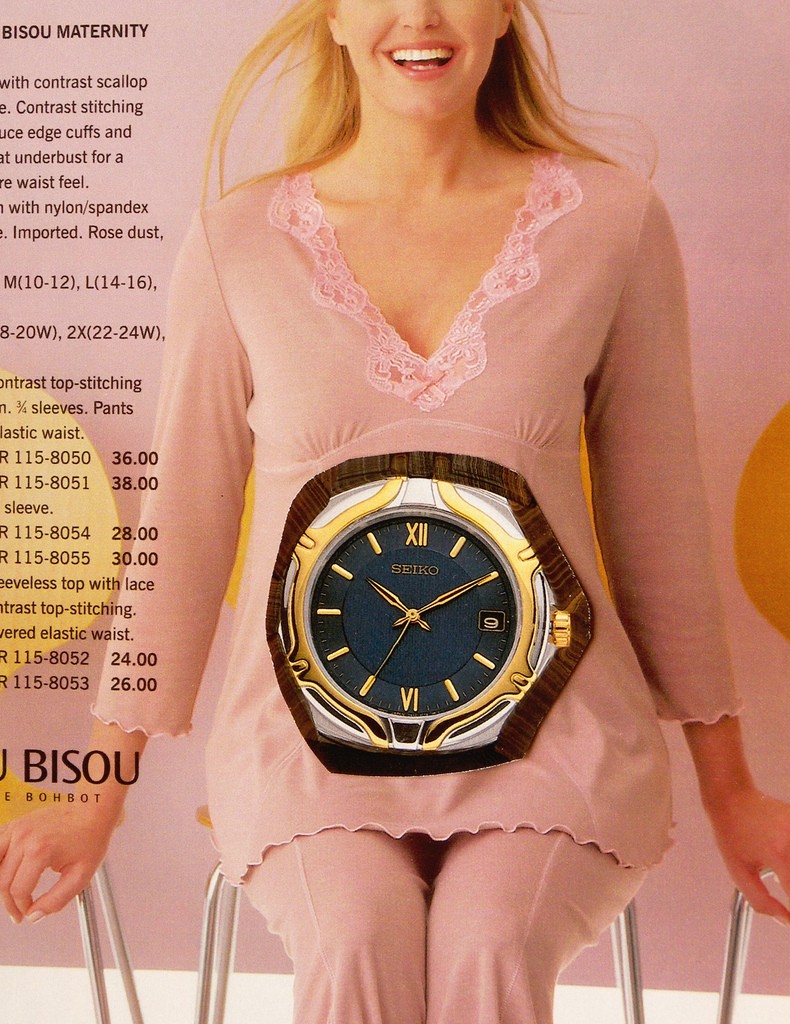Unwinding The Biological Clock

The idea that being female is a weakness is embedded in the origin of the phrase “biological clock”. The term was originally coined by scientists to describe circadian rhythms, the processes that tell our bodies when we should rise, eat, and sleep. In the 1950s, the US air force began sponsoring research into how the biological clock worked. Soon researchers were racing to develop drugs that could eliminate the need for rest. The idea was that if we understood the body well enough, we could overcome its limitations. In the 1970s and 1980s the meaning of the term shifted to the way we use it now: a description of female fertility. But is being female a weakness that we believe professional women should want to cure?
Among other important facts in this sharp essay on the history of the phrase “biological clock” by Moira Weigel (adapted from her forthcoming book), we learn that men and women experience fertility problems at roughly equal rates, and that male fertility also declines with age. It’s almost as if men are basically subject to the same universal laws as women??!!! Get out. Weigel also brings some much-needed skepticism to the “assisted reproductive technology industry” (e.g., egg-freezing and IVF). Make sure you stay for the kicker. Her book comes out on May 17; you can pre-order it here.
Photo: Daniel Oines